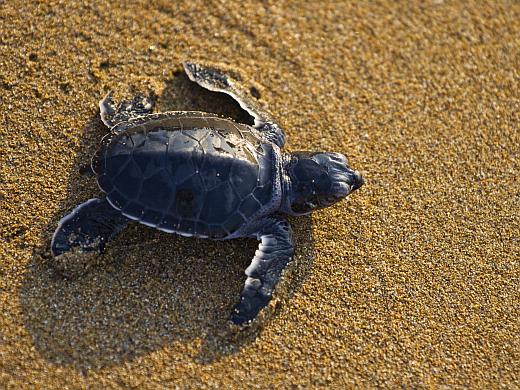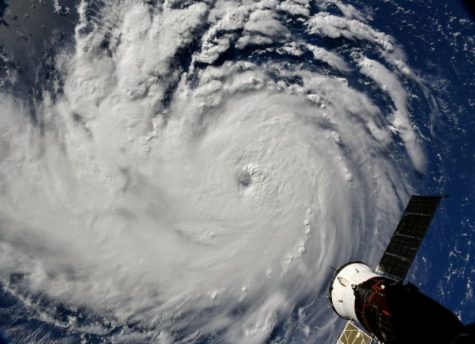Mexico executes efforts to preserve threatened sea turtles

Baby turtles try to survive to the best of their ability with the threat of poachers.
BAJA CALIFORNIA, MEXICO—Turtle poaching off the shores of Mexico, though illegal, has grown to startling numbers in recent years. According to research at wildcoast.net conducted by journalist Tannia Illescas, roughly 35,000 endangered sea turtles are slaughtered there each year.
Turtles are threatened due to demand for their eggs, meat and shells. Eggs are sold as snacks in bars and inns, and during Easter they are used in popular cultural easter dinners. Poaching turtle eggs poses a formidable threat to the longevity of their species, and Mexico has enacted efforts to stop poachers (channelnewsasia.com).
Police forces have begun utilizing drones and stationing guards in various locations on the beaches. Drones utilized in Mexico are built with six rotors and GPA system to make poachers more visible (channelnewsasia.com).
Vast numbers of eggs are located in Morro Ayuta Beach, according to mexperince.com. Mexico has issued security guards armed with machine guns to scout the beach, looking for poachers. Surveillance aircrafts designed to find and identify paths made by thieves make their jobs easier.
Robbers commonly attack the beaches on horseback. Raiding the eggs, thieves steal as many as possible. Usually they carry machetes but occasionally guns, as specified by Elizabeth Fullerton on rense.com. Escapades like this occurred for the first time over five years ago.
Chontal and Zapotec tribes are two major communities that take part in this action. It is estimated that they have sold and consumed about 14,000 eggs. They continue to do this despite this practice being banned in 1990 (channelnewsasia.com).
At the growing risk of these practices, poachers will receive up to nine years in federal prison and approximately a $12,000 fine should they be caught (news.discovery.com).
Aware of these consequences, thieves find ways to snatch the eggs away in the dark of night. The drones only work during the daytime which makes night raiding possible. This creates a convenient way to take the eggs without getting caught (seaturtleinc.org).
About 100 golf-ball sized eggs sell for just $1.70, requiring poachers to gather huge amounts of eggs to make a profit from this craft (news.discovery.com).
Researchers and patrollers have found hundreds of dead turtles on the beaches of Mexico. The selling of turtle meat has been banned since 1990, yet the consequence of up to nine years in prison still is not enough to drive poachers away.
This issue has persuaded the San Valentin government to protect and nurture this species by putting up protected pens. There are now 27 turtle protection camps in Mexico. This is one out of 120 turtle protection camps nationwide.
Further procedures to ensure the safety and survival of these sea turtles and their eggs are being performed, whether it be from poachers or other animals.








